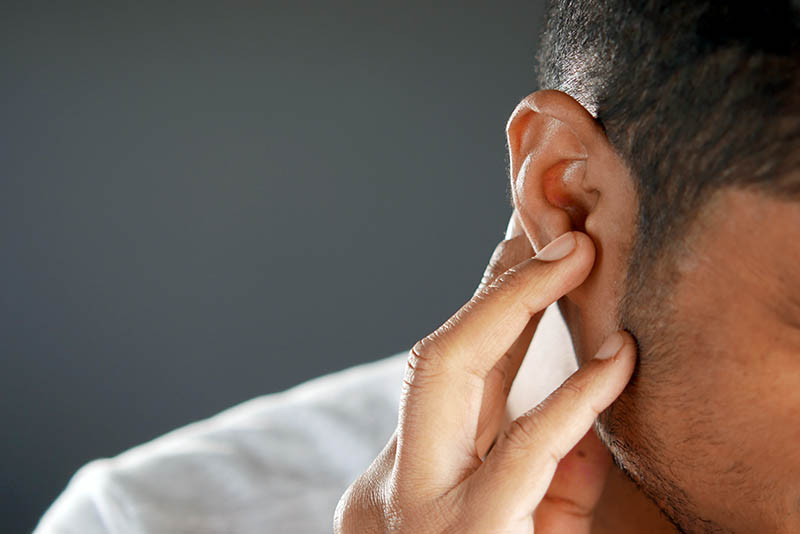
Ear congestion is an example of one of the many uncomfortable symptoms you could experience when dealing with ailments that impact your sinuses, nose, and throat. Since there is literally a direct connection between the nose, throat, and ears, a problem with one area will affect the others.
What is Ear Congestion?
Congestion in the ear results from anything that can cause Eustachian tube dysfunction. The Eustachian tubes are the minute tubes that connect the throat to the middle ear. This system equalizes the pressure in the ear when opening and prevents fluid and air from building up behind the inner ear. Eustachian tube dysfunction results from tissue inflammation and mucus secretions.
What are the Most Common Causes?
• A buildup of fluid in the ear
• Excessive earwax buildup or compaction
• Ear infections in either the middle or outer ear
• Allergic reaction
• Symptoms of the common cold, seasonal flu, or other viral infections affecting the sinuses
• Environmental irritants like tobacco smoke and similar airborne carcinogens
It is essential to deduce what prevents the tubes from draining correctly. If the situation remains unresolved, the amassed fluid behind your eardrum can cause a rupture.
What are the Most Common Symptoms?
Some of the most common symptoms of ear pressure include:
• Popping, ringing
• Ear pressure and pain
• Hearing loss
• Sensations of dizziness or vertigo
• Balance problems
Ear Congestion Remedies
Luckily, if you require relief from ear congestion, there are many home remedies available that may help alleviate your symptoms.
• A nasal decongestant can provide temporary relief.
• Over-the-counter ear drops that contain alcohol will help create a drying effect.
• Avoid excessively dry environments; use a humidifier to keep the air moist and avoid irritating your inflamed nasal passages.
• Irrigate your nasal cavities with a neti pot or a saline solution.
• Aromatherapy can help open up your airways and nasal passages. You can use steam inhalation, place a few drops of eucalyptus oil in steaming water, or inhale it directly from the bottle.
• Increasing the amount of fluid can help loosen mucus. Drinking a glass of water, juice, herbal tea, or broth every couple of hours during the day.
• Tugging your ear lobe away from your head while leaning your ear toward your shoulder.
• Try a hot compress; start by laying on your side, applying it for 30 seconds, and reapplying a minute later. Repeating this process can provide relief.
• Forced yawning, swallowing, and chewing gum can trigger the muscles that open the Eustachian tubes.
• Use the Valsalva maneuver, gently blowing into your pinched nose with your mouth closed.
A whole range of conditions can cause ear congestion. It’s paramount to find the cause to find relief. Fortunately, home remedies and over-the-counter treatments are effective most of the time. If symptoms are severe, getting worse over time, lasting longer than ten days, or you are experiencing extreme pain, fever, or total hearing loss, seek medical help. If left untreated, the causes of ear pressure can lead to permanent damage.